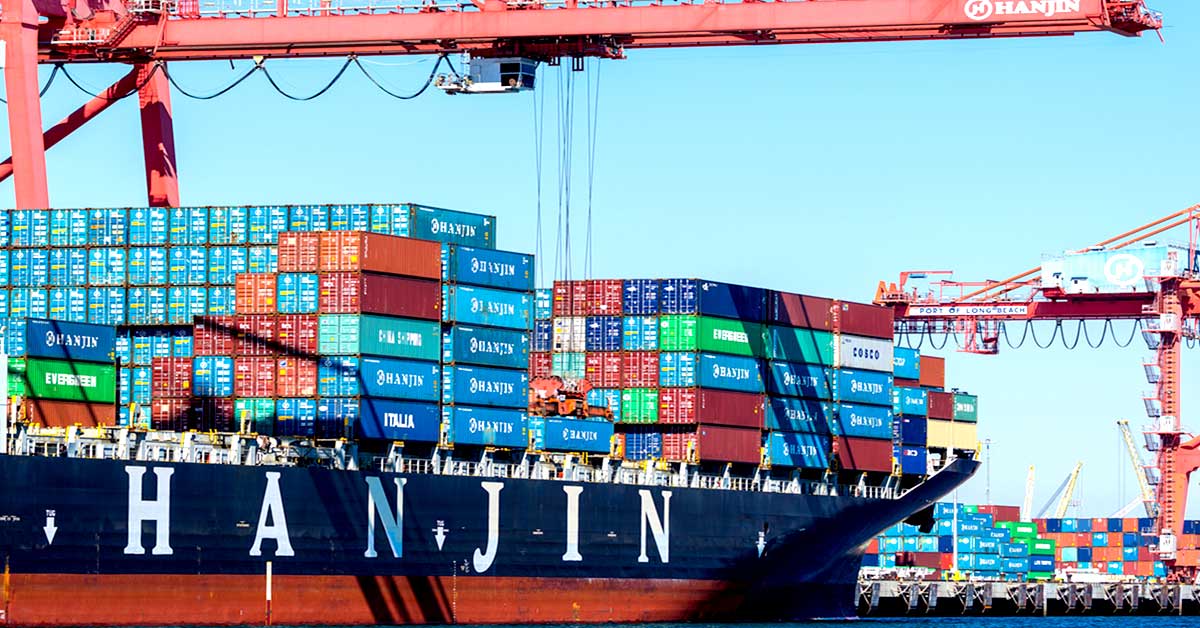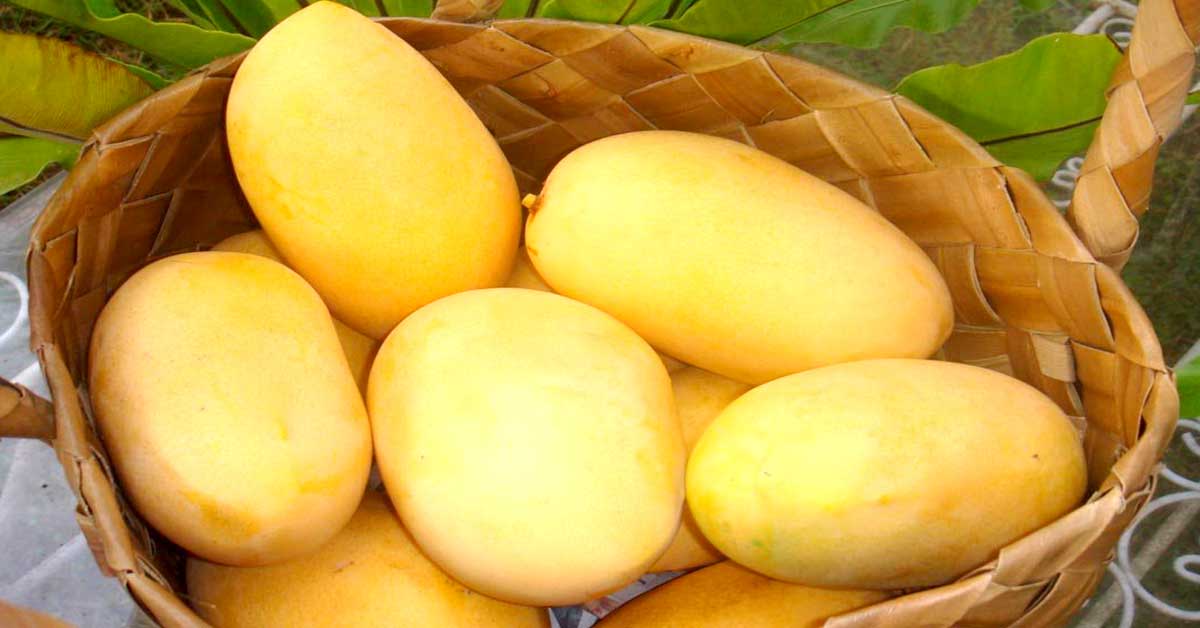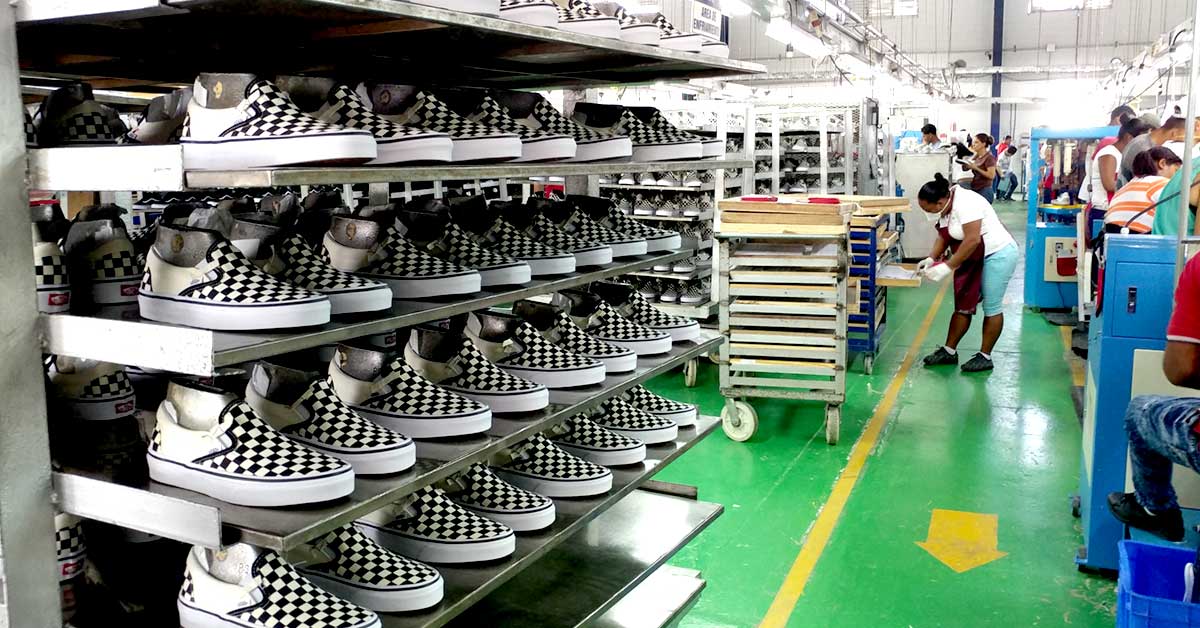‘Plastic-eating’ bacteria found in Zambales
Posted 6 years ago
MANILA, Philippines — Microorganisms capable of “eating” plastic have been discovered in a hyperalkaline spring in Zambales, paving the way for research on new approaches to dealing with the country’s growing plastic problem.
Researchers from the biology department of the University of the Philippines-Baguio have discovered four strains of bacteria that are capable of biodegrading low-density polyethylene (LDPE), which is commonly used for plastic bags, cling wrap, shampoo bottles and other containers.
The study, written by Denisse Yans dela Torre, Lee delos Santos, Mari Louise Reyes and Ronan Baculi, was published in the Philippine Science Letters last year.
It revealed that some bacterial strains collected from rock crevices of the Poon Bato spring in Botolan, Zambales are capable of degrading LDPE, which is highly resistant to degradation under natural conditions.
The researchers said four of the nine bacteria that they isolated from the spring significantly reduced the weight of plastic polymer they were introduced to during the 90-day incubation period.
After consuming the plastic, the bacteria produced byproducts that are environment friendly, according to the researchers.
“Results revealed changes in physical structure and also chemical composition of the films. Another method which determined plastic utilization of the bacteria was the evident decrease in the weight of the films,” the office of the UP vice president for academic affairs said in a brief about the study.
“Protein analysis also indicated that bacterial cells could live and proliferate with films as the source of energy. Looking at the physical and chemical changes of the plastics before and after some time with the bacterial isolates, it was deduced that these minute organisms can possibly end plastic domination by making a meal out of it,” it added.
In their paper, the researchers said the LDPE degradation capability of the bacterial strains may be due to the extreme conditions, particularly the hyperalkaline environment, that they thrive in.
They noted previous studies abroad that showed organisms thriving in extreme conditions as capable of biodegrading plastics.
In the case of their study, the bacteria were found in Poon Bato Spring, a natural alkaline spring in Zambales that contains calcium, magnesium, sulfate, chloride and iron.
With plastics emerging as a major environmental issue in the country and across the globe, the researchers said their discovery may be used in addressing the problem.
Specifically, they pushed for continuing research to determine the distribution and population of polymer-degrading microorganisms and the possible formulation of a “microbial consortia” that would be more effective in biodegrading plastics.
“This study demonstrated the ability of the isolates to degrade polyethylene even in the absence of prior oxidation treatments,” they wrote.
“The results showed that selected microorganisms exhibited great potential for LDPE biodegradation, a discovery which can be used in reducing solid waste currently accumulating in natural environments,” they added.
Source: philstar.com






































Loading Comment